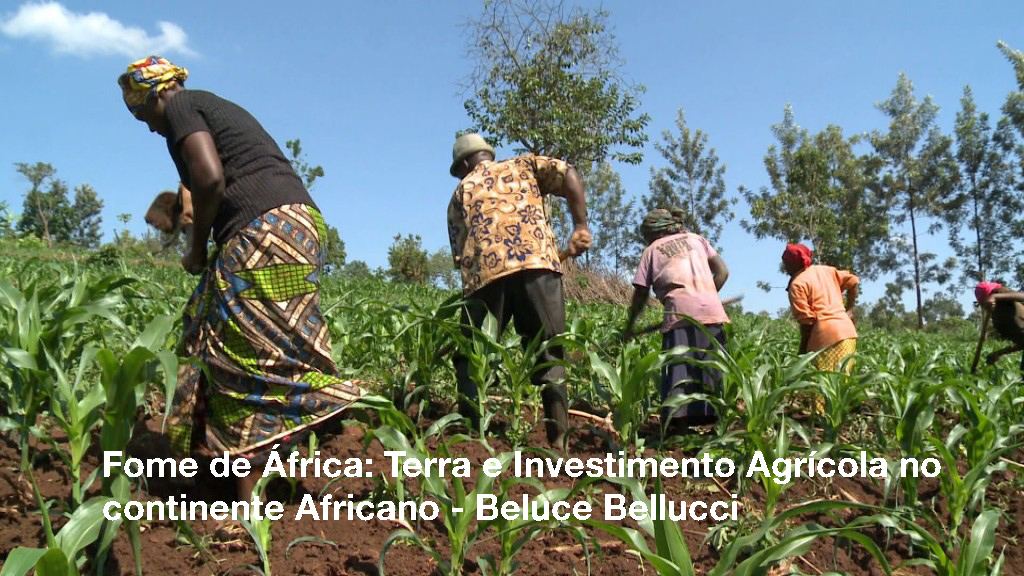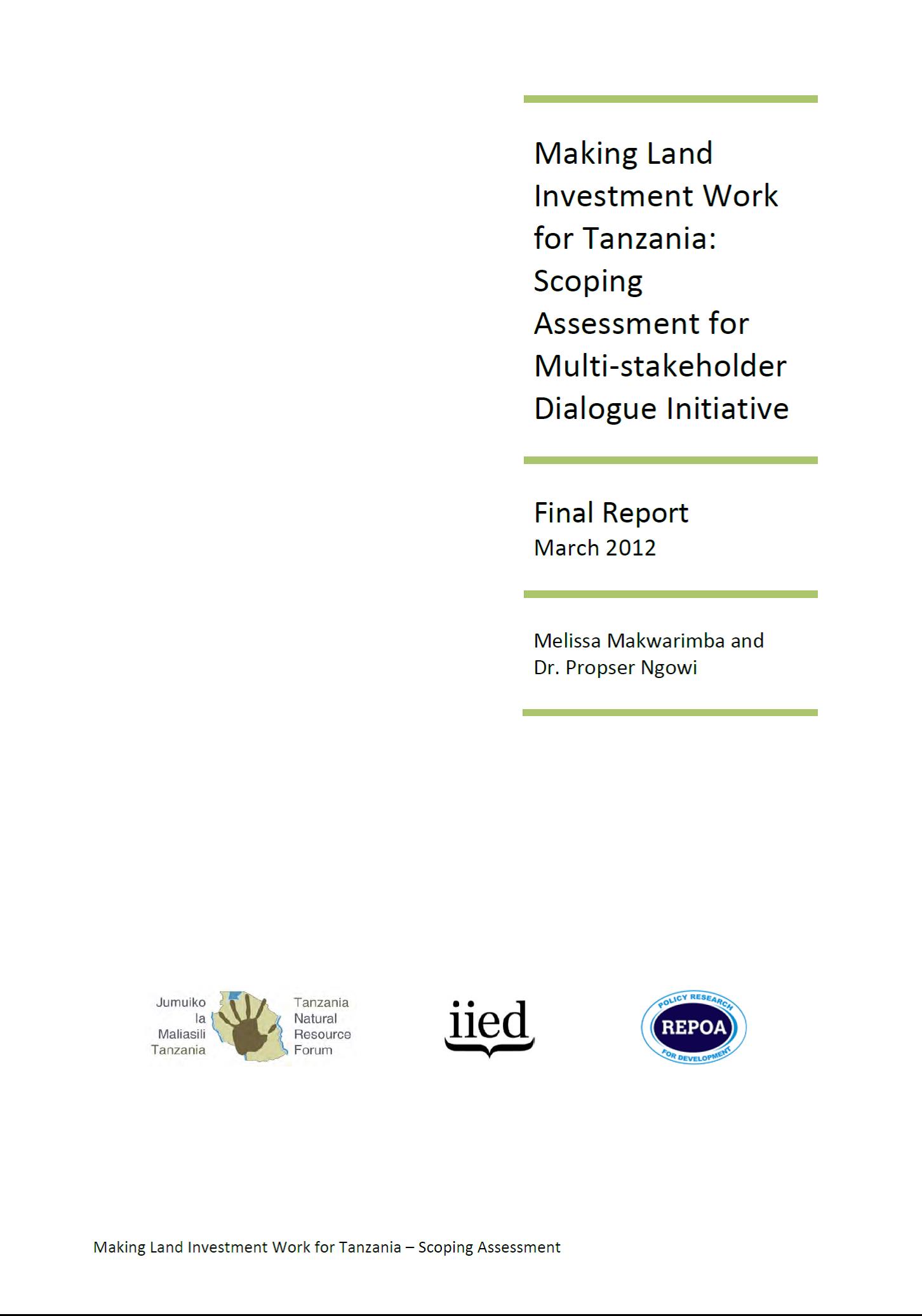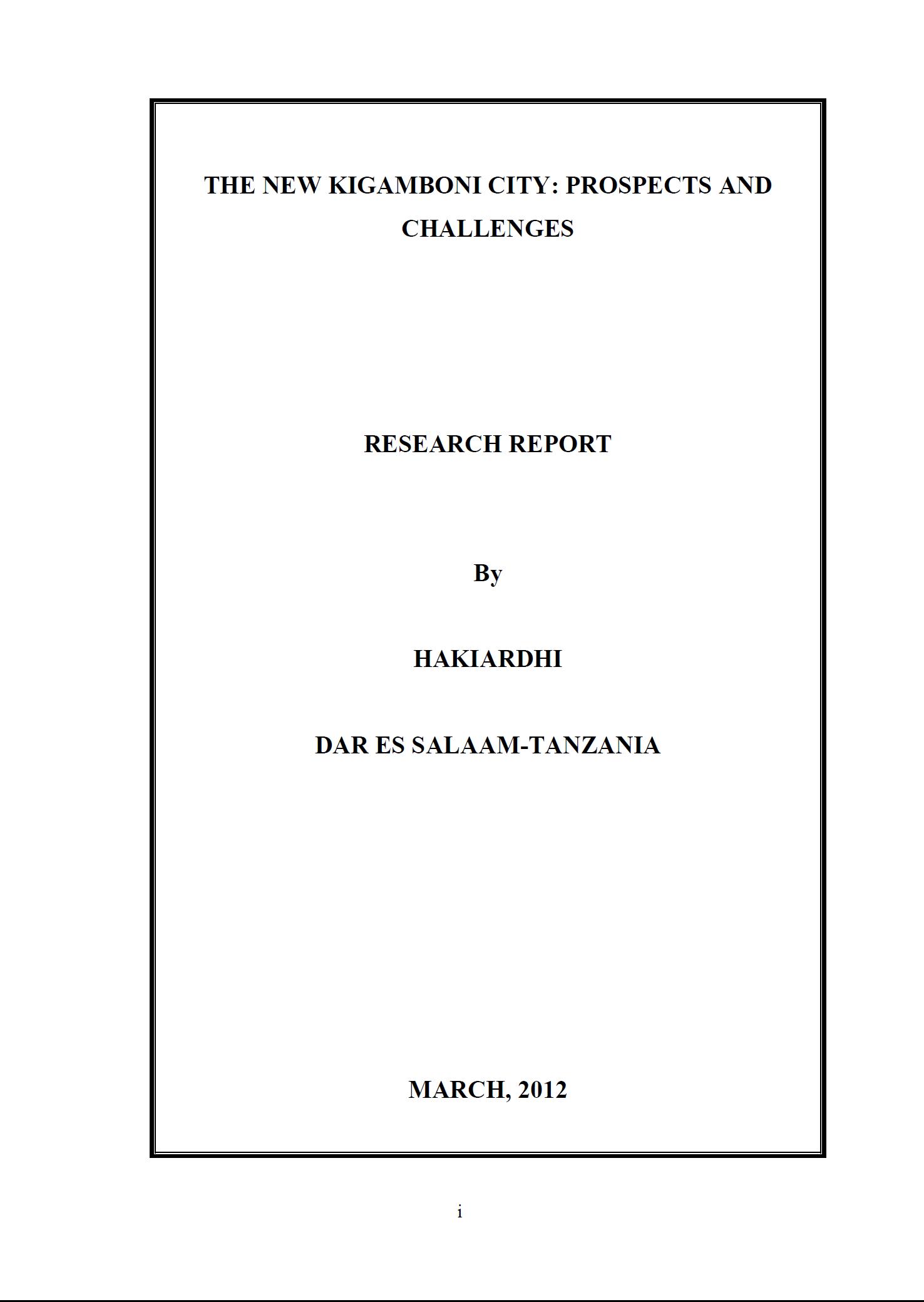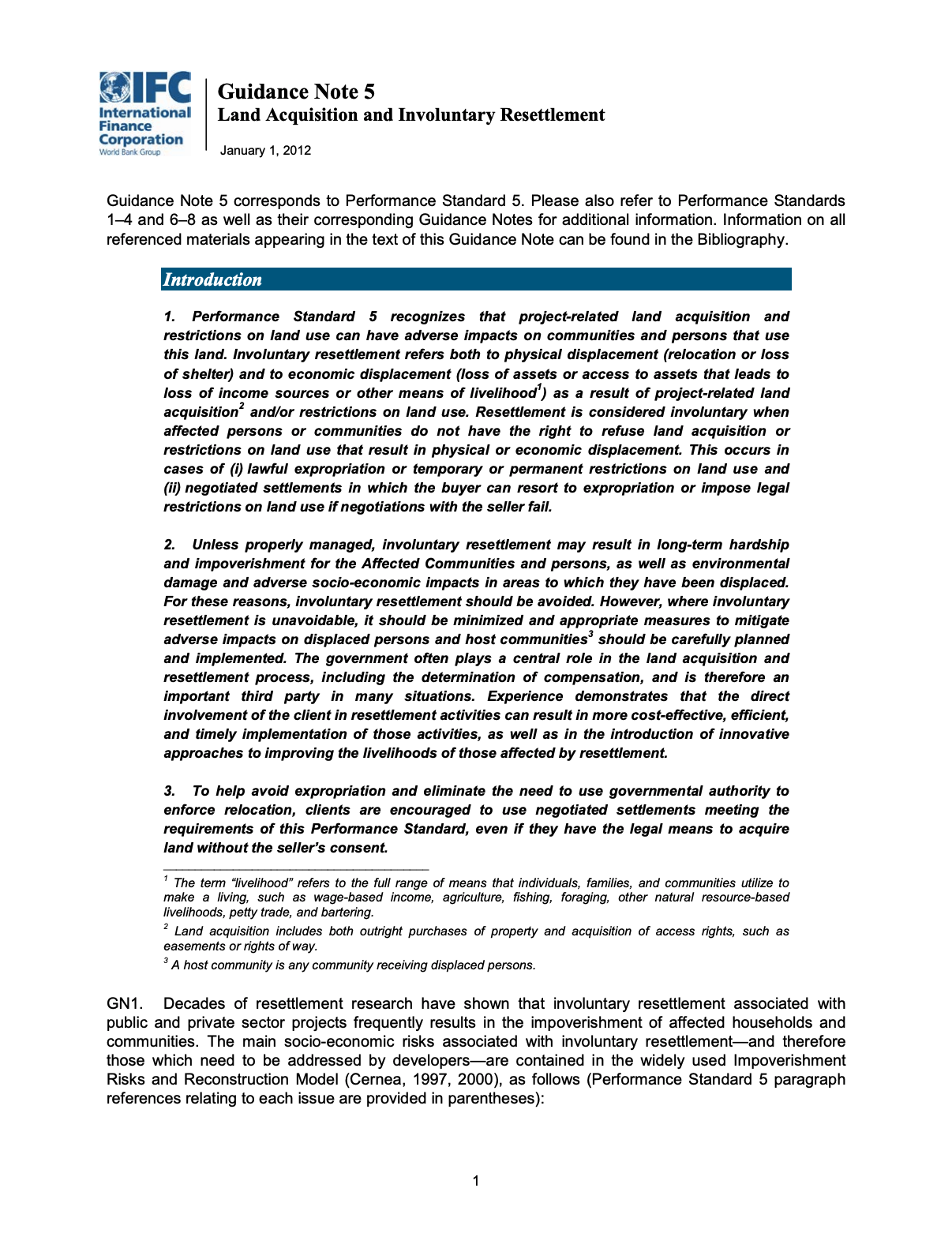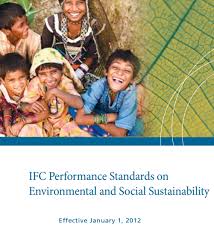Confrontation between Peasant Producers and Investors in Northern Zambezia, Mozambique, in the Context of Profit Pressures on European Investors
Examines cases of confrontation over land in Northern Zambezia, Mozambique. One large company withdrew rather than fight local peasants and take over land being used to grow food. But two other investors chose to push ahead, and have come into conflict with local peasant communities.


